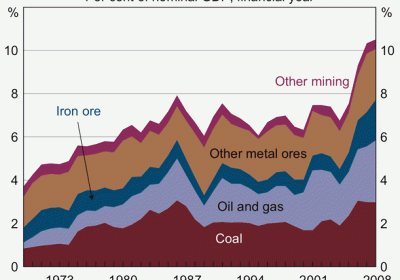To guarantee access to essential foods amid price inflation and supply shortages in some items, the Venezuelan government recently nationalised a major flour producer, granted low-interest credits to small and medium-sized producers, opened new subsidised food markets, sanctioned price speculators and hoarders, and is in the process of reforming its land reform law.
Nationalisation
In recent weeks, local and international media have attacked the left-wing Venezuelan government over alleged “economic woes”.
Pointing to Venezuela’s inflation rate — the highest in Latin America — and an economy that shrank 3.3% last year, the private opposition media is raising fears of a serious economic crisis.
These same media outlets, which have been predicting the fall of President Hugo Chavez for years, argue recent government actions will worsen the situation.
Venezuelan business federation Fedecamaras warned on May 5 that Venezuela faces an “economic and social crisis”.
Sergio Arriasis is the head of the office of strategic development for Vision Venezuela Television (ViVe), a government-funded channel inaugurated in 2003. Arriasis is in charge of future planning and development of its communications. Coral Wynter, a Green Left Weekly journalist based in Caracas, spoke with Arriasis about the struggle to counter the private corporate media in Venezuela, and create a radical alternative.
How is ViVe different from other TV channels?
Prime Minister Kevin Rudd's proposed tax on mining industry super-profits has, to the surprise of no one, attracted a great deal of whining from the mining sector.
Andrew Forrest of Fortescue Metals accused those who supported the tax of engaging in “class warfare” and threatened to sell his mining interests overseas if the tax goes ahead, reported the May 19 Herald Sun. On May 20, he said that he had shelved $17.5 billion in new mining projects as a result of the tax.
In further moves to strengthen the state’s role in the economy, Venezuelan President Chavez announced on May 11 the creation of a publicly owned import-export company as part of a broader plan to combat “the hegemony of the bourgeoisie”, speculation and inflation.
Despite price controls and a fixed exchange rate, inflation reached 25.1% in 2009 — the highest in Latin America.
Central bank figures reported inflation climbed 5.2% in April (double that of March), bringing accumulated inflation for 2010 up to 11.3%.
- Previous page
- Page 3




